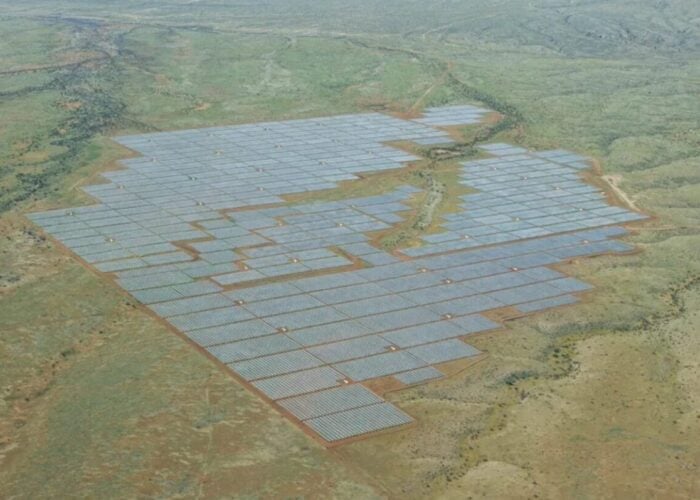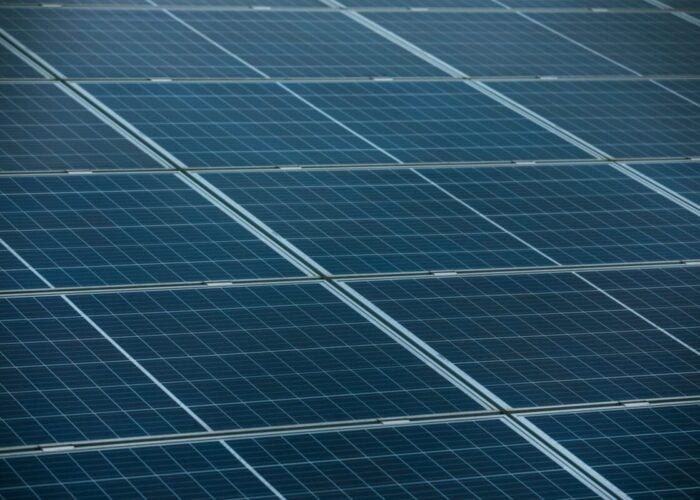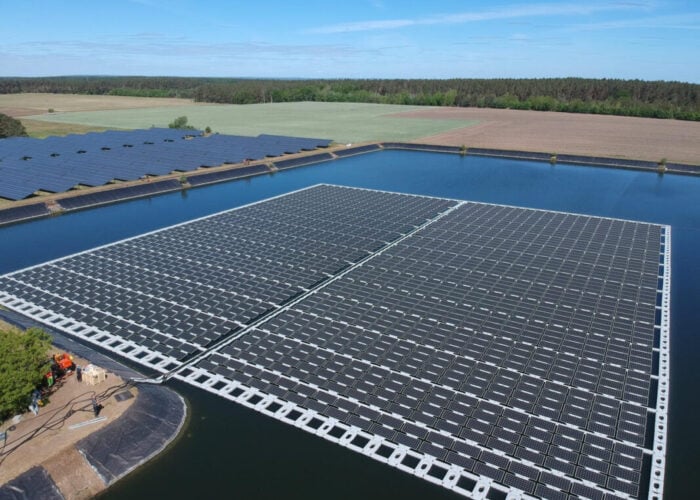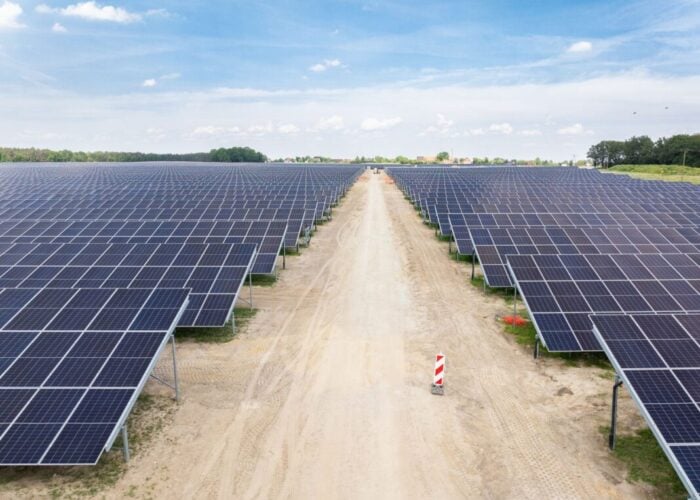Bulgaria’s solar industry is facing the threat of stagnation, after the Government unveiled a new renewable energy bill that could cut industry subsidies by as much as 30%. The feed-in tariff (FiT) reductions were part of a wider set of cuts to the renewable sector, which have been introduced to help the country meet its EU 2020 targets.
The much-debated legislation will see subsidies determined upon project completion, rather than when initial permits are handed out, a move that the industry fears will discourage potential investors. Annual tariffs are to be set in June, with PV likely to be subjected to a cuts of 30%. Other changes include reductions in the length of mandatory power purchase contracts from 25 to 20 years, and developers incurring an up-front levy of about US$37,000 for each planned MW.
Unlock unlimited access for 12 whole months of distinctive global analysis
Photovoltaics International is now included.
- Regular insight and analysis of the industry’s biggest developments
- In-depth interviews with the industry’s leading figures
- Unlimited digital access to the PV Tech Power journal catalogue
- Unlimited digital access to the Photovoltaics International journal catalogue
- Access to more than 1,000 technical papers
- Discounts on Solar Media’s portfolio of events, in-person and virtual
Up until the last few years, attractive legislation and high irradiance levels have made Bulgaria an attractive destination for prospective project developers, and by the end of 2010 PV capacity had grown to 21MW. However, uncertainty regarding FiT changes and the lukewarm support from Sofia has significantly undermined further development.
“We have lost two years, hoping that this Government will support renewable energy development. What we see now is that the new law is closing the door for new projects,” said Nikola Gazdov, chairman of the Bulgarian Photoltaic Association.
Bulgaria’s Government has defended the changes as a necessary measure to curtail the exponential growth of installations that has threatened to overwhelm its power grid, while also protecting consumers from hikes in energy prices and discouraging speculators.
The new bill will cater for the 2GW of new capacity required for Bulgaria to meet its EU commitment of a 16% consumption share from renewable resources by 2020. Early projections indicate that solar will account for just 330MW of this total.






